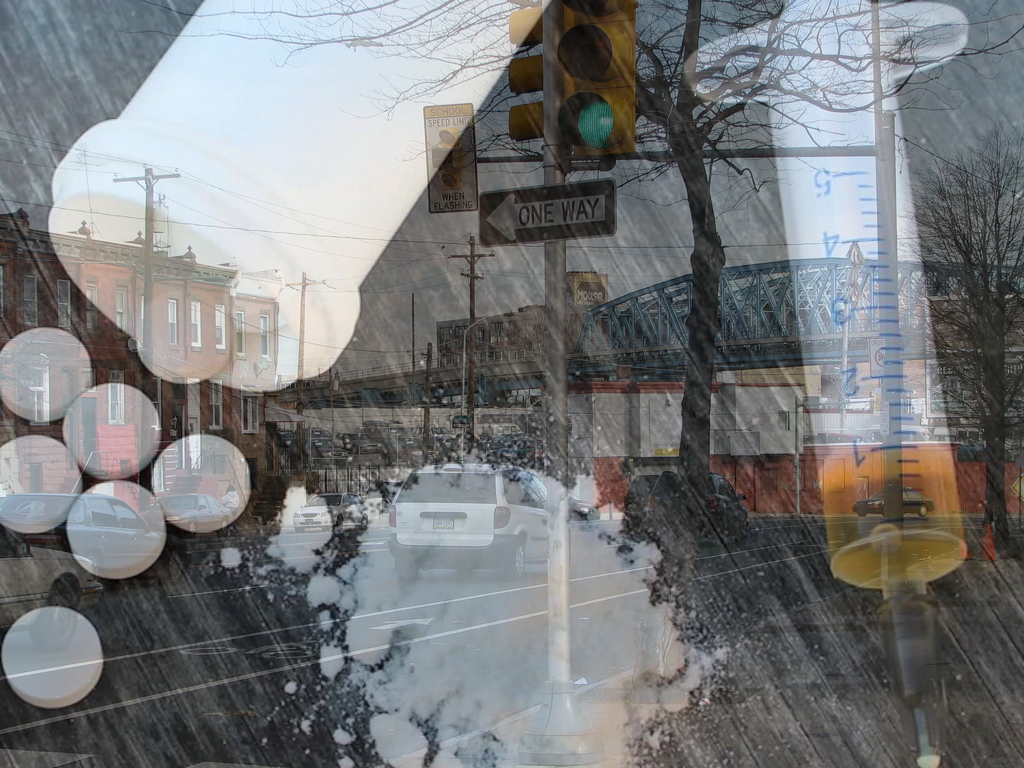The rising drug problem faced in many American cities has been on the incline for a number of decades now, one of the most notable being Philadelphia. Kensington Avenue, also known as “zombie avenue”, is nicknamed after its residents who abuse heavy drugs inducing them into a zombie-like state. Many online videos have brought attention to the tragic day-to-day life that many have found themselves in, surrounded by poverty and squalid living conditions.
Once a thriving community with a stable work life and opportunity, the impact of drugs specifically opioids such as heroin and fentanyl have had devastating consequences on the populace which when combined with gang violence, crime and low socio-economic status is a recipe for decay. Showing no signs of reversal, drug overdoses preside at historic levels in Philadelphia with fentanyl despite being only 2% of fatal drug overdoses in 2012, now causing upwards of 94% of overdose deaths a decade later.
With fentanyl being the drug of choice for many, turf wars have been increasingly prevalent with gang violence being part and parcel of this city, vying for control of the narcotic sales. This has effectively transformed Philadelphia into a rapid state of decline, with a considerable exodus of residents opting to leave the city for varying reasons, many do so citing a lack of job opportunities, education and safety.
However, there may still be some hope for change and revitalization of the city as Governor Tom Wolf vowed to do more to help those who have been impacted by opioid addiction, describing his tour in Kensington as “incredibly sad and depressing”. Although awareness has been garnered highlighting a clear breakdown of these communities, options are being discussed ranging from more funding for treatment and diverting those who need help into rehabilitation rather than prison.

